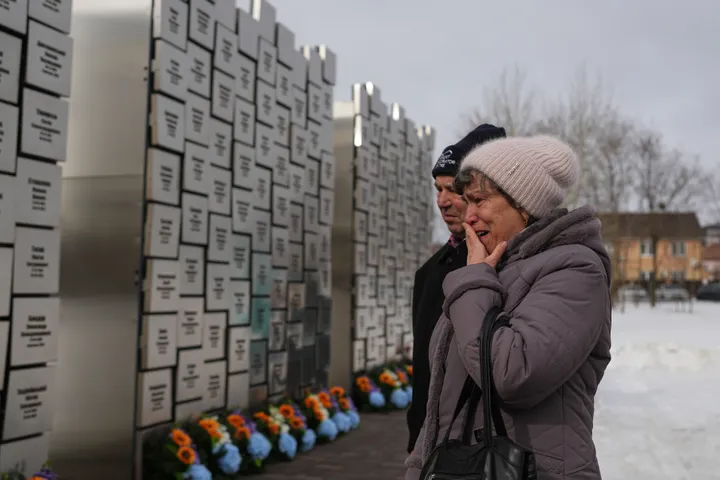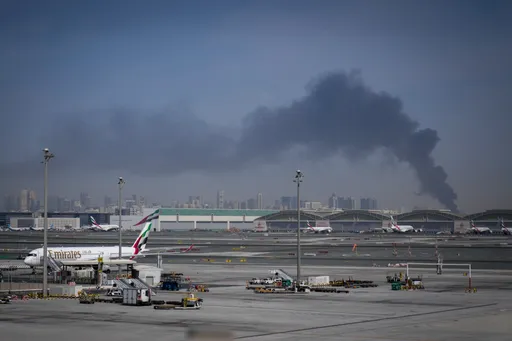London Metropolitan University yesterday became the first UK university to adopt the working definition of Islamophobia as developed by the All Party Parliamentary Group (APPG) on British Muslims.
The APPG recommended the adoption of the following definition: “Islamophobia is rooted in racism and is a type of racism that targets expressions of Muslimness or perceived Muslimness”.
“I am very proud that the university has today voted to adopt this definition. By doing so we are making a commitment to tackling Islamophobia and creating conditions within our community that deliver equity for all,” said Professor Lynn Dobbs, Vice Chancellor of London Met.
“We hope that the adoption of this working definition will signal to Muslim students and staff at London Met as well as within our local communities that we will actively tackle Islamophobia, and work hard to ensure they are represented and supported at every level of university life.”
Beyond higher education, Islamophobia in Britain is an issue at the very heart of government.
A survey published last month by anti-racism camapigners Hope Not Hate showed that almost two-thirds of Conservative Party members believe that Islam is a “civilisational threat” and 60 percent believe in myths about “no-go areas in Britain where sharia law dominates”.
Antipathy towards Muslims has intensified under Prime Minister Boris Johnson, whose own comments about Muslims and their “letterbox” burqas did not get in the way of his election to head the Tory party.
Dr Zainab Khan, Pro Vice-Chancellor for Outcomes and Inclusion and Director of London Met’s Centre for Equity and Inclusion, said that “Islamophobia presents itself in a number of forms” and that while the APPG’s isn’t a universally agreed-upon definition, anti-Muslim animus is “not only rooted in racism but also rooted in the prejudicial and disproportionate vilification of Muslims’ theological beliefs.”
The Aziz Foundation welcomed the steps taken by London Metropolitan as part of its wider campaign to make higher education more accessible to Muslim students and urged “all UK universities to do the same to ensure that universities are safe and inclusive learning environments for all.”
A 2018 National Union of Students (NUS) survey of Muslim students revealed a surge of Islamophobia on UK campuses. One in three Muslim students said they were living in fear of Islamophobic attacks or abuse on campus and over 50 percent said they were subjected to harassment or online abuse.
The announcement comes following new recommendations earlier this week from Universities UK to tackle racial harassment and racial inequality in UK higher education.
APPGs are composed of Members of both the House of Commons and the House of Lords, but have no official status within Parliament and are considered independent cross-party groups.
Following two years of consultation, on November 27, 2018, the APPG published a report in which the working definition of Islamophobia was established.
London Met plans to mark the adoption of the definition with the launch of its report ‘Homegrown: The Growth of Islamophobia in UK Higher Education’.























